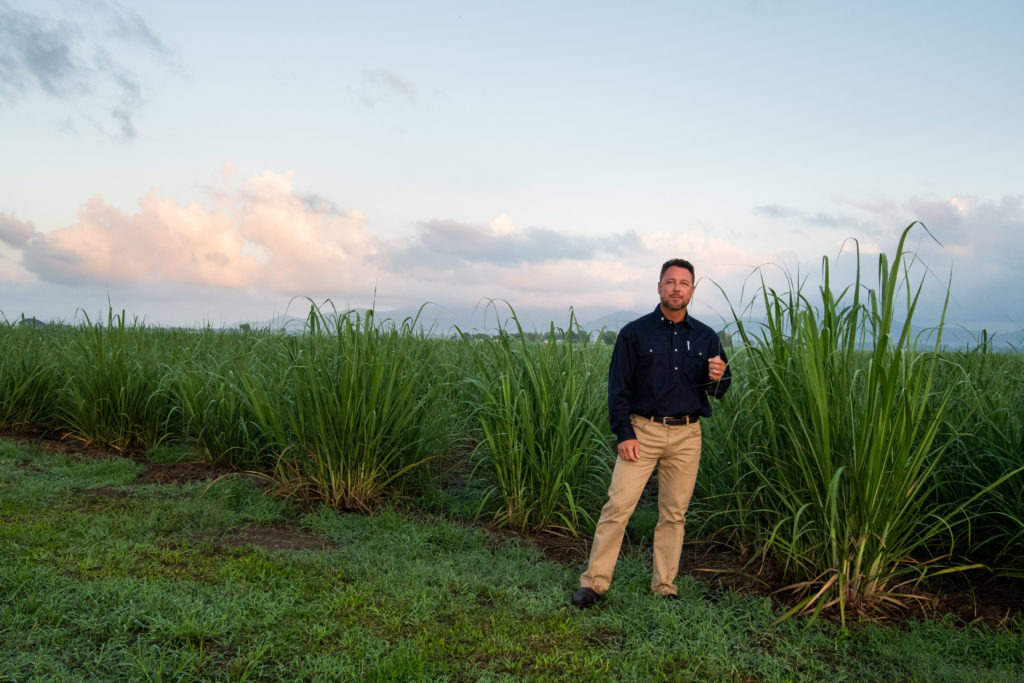Super pest a danger for Hinchinbrook growers

Hinchinbrook MP Nick Dametto has urged growers in the region to be vigilant after the rapid spread of the fall armyworm pest.
SUGARCANE growers are being urged to remain vigilant after the rapid spread of an introduced worm known to devastate multiple types of crops.
Hinchinbrook MP Nick Dametto said he was extremely concerned over reports of the fall armyworm spreading from the Torres Strait to Bamaga and now to Georgetown, with the pest able to chew through crops such as cotton, wheat, rice, sorghum, sugar cane, and certain fruits and vegetables.
“Biosecurity Queensland has already admitted that they have lost the ability to eradicate this pest in the Torres Strait and farmers across regional Queensland are now extremely worried about its spread south,” Mr Dametto said.
“Katter’s Australian Party has received a briefing from Agriculture Minister Mark Furner’s office and will continue to liaise with them to get further updates. But in my view, the Minister has dropped the ball here, as has his Federal counterpart David Littleproud.
“It sickens me to think what the consequences are for agriculture in Queensland if both the State and Federal governments don’t get a handle on this worm. We’re talking about something that can feed on more than 350 different plant species, including sugar cane.”
Mr Dametto agreed with KAP leader Robbie Katter that the state’s protections were too weak.
“As Robbie says, the issue stems from continued ignorance from policy-makers in Brisbane to the point where Biosecurity as an organisation is grossly underfunded with constant reductions in the number of staff who are actually on the ground identifying problems before and when they arrive,” he said.
“We cannot allow this to continue and must be ever vigilant towards future threats to our agricultural industry. This situation should be the wake-up call that both the State and Federal governments need to properly fund and resource their biosecurity teams.“
The pest is reported to commonly fly up to 500 km in one generation, 1700km in three generations and even fly thousands of kilometres using jet stream air currents.
Native to tropical and subtropical regions of the Americas, the fall armyworm is now found in Africa, the Middle East, India, South East Asia, China, Taiwan, Japan and Indonesia.
Farmers are advised to inspect their crops regularly for possible symptoms of falls armyworm, which include:
- leaf damage, including pinholes, windowing, tattered leaf margins, skeletisation and defoliation of plants
- tiny larvae, less than 1mm, that are more active at night, eating pin holes and transparent windows in leaves
- bigger larvae grazing on leaves, stems, trunk and fruit, and leaving behind insect frass (droppings) and;
- in grass-like plants, larvae are often in plant whorls (where leaves radiate from or wrap around the stem or stalk), sudden crop damage and collapse.
Suspected fall armyworm infestations should be reported immediately to Department of Agriculture and Fisheries on 13 25 23.





